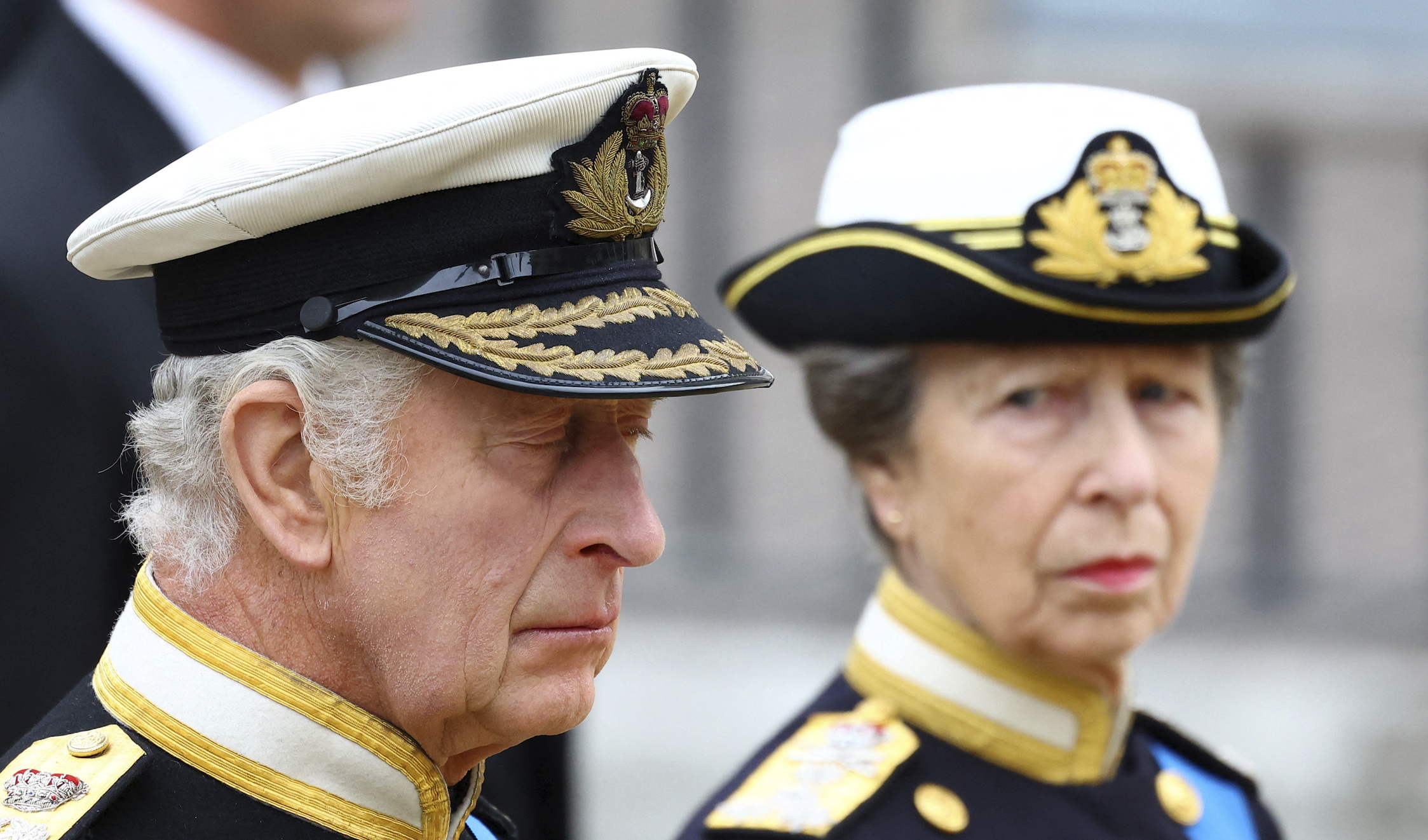Queen Elizabeth II’s funeral brought tears to the eyes of some, yawns to the mouths of others, and criticism to the social media feeds of a few.
“I found that service strangely cold and impersonal,” one British professor tweeted, “devoid of any real sense of the Queen’s personality.”
It was a common reaction on social media to her funeral. One liberal author, Ian Dunt, put it more forcefully:
“The eradication of the self continues even in death,” Dunt, a columnist and former editor of a sex magazine wrote on Twitter. “Most people’s funerals have at least one speech from someone who knew them well, and loved them, about what they knew of them & why they loved them. But Elizabeth the person completely erased under the constitutional ceremony.”
SEE IT: KING CHARLES III WIPES AWAY TEARS DURING EMOTIONAL FAREWELL TO QUEEN ELIZABETH II
This wasn’t praise from Dunt, who continued, “This is why all the talk of wealth, diamonds in crowns and inheritance tax mean so little to me. There’s plenty of rich people to envy. You couldn’t pay me to go through what royals go through.”
It is true that “the eradication of the self” is not a popular idea these days. It never was, of course, which is why self-sacrifice and service always needed to be preached and exalted wherever seen.

The queen in life was exceptional not simply for her longevity or graciousness. She was exceptional in the modern age for her willingness to define herself by and conform herself to her role.
No human is a free-floating individual. We all belong to institutions — countries, schools, families, workplaces, communities — and within those institutions, we all have roles. Yet in our hyper-individualistic times, in which personal autonomy is believed to be the chief good, it has become uncouth, even oppressive, to expect someone to be a mere role player.
As conservative intellectual Yuval Levin (my colleague at AEI) puts it, “We now think of institutions less as formative and more as performative, less as molds of our character and behavior, and more as platforms for us to stand on and be seen.”
“People of loving service are rare in any walk of life,” the archbishop of Canterbury said at the funeral service. “Leaders of loving service are still rarer. But in all cases, those who serve will be loved and remembered when those who cling to power and privileges are long forgotten.”
Writers, talking heads, friends, and family had plenty of opportunity to recount tales of the queen’s life and personality. It still shocked some secular commentators that the climax of the memorial period, her funeral and laying to rest, were not so much an opportunity to celebrate her life but to pray for her soul.
The smaller, more American, Catholic version of this scene played out in 2013 after Supreme Court Justice Antonin Scalia died suddenly. Father Paul Scalia, the late justice’s son, presided over the Mass and gave a brief homily.
“We are gathered here because of one man,” Father Scalia said. “A man known personally to many of us, known only by reputation to even more. A man loved by many, scorned by others. A man known for great controversy and for great compassion.”
“That man, of course, is Jesus of Nazareth. It is He who we proclaim.”
Queen Elizabeth’s funeral had a similar focus. It was a perfect ending for her reign.
A queen of England, particularly one who served for 70 years, did not make her funeral small, of course. That would have been impossible. And it would have been misplaced humility — pretending she wasn’t what she was.
No, the funeral — like all the pageantry around her death and the transfer of power — was massive and ornate. But the whole pomp and circumstance showed a different sort of humility: It was all about the country, her heir, the family, and the Lord.
CLICK HERE TO READ MORE FROM THE WASHINGTON EXAMINER
She couldn’t possibly have a small funeral. But she could make herself small so that others may increase.

